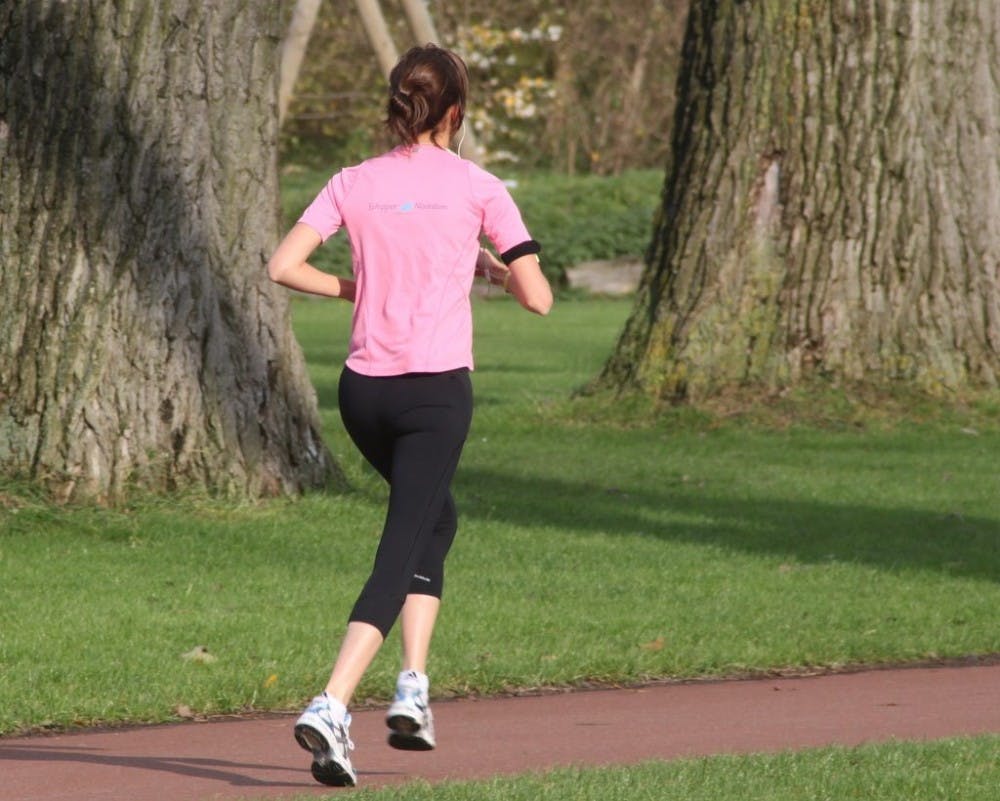Researchers at McMaster University and Hamilton Health Sciences in Hamilton, Ontario, have discovered a way to reverse Type 2 diabetes by combining a series of lifestyle and insulin therapies with the use of oral medications.
This procedure has proven to be effective in 40 percent of the subjects who participated in a recent trial. During the trial their bodies were able to produce adequate insulin amounts on their own.
Insulin plays an important role in metabolism. When someone consumes food, their body converts it into glucose, which is used as an energy source. Some tissues and organs such as the brain, neurons and red blood cells, are able to only use glucose as their energy source, making it especially important.
The pancreas secretes insulin which promotes the conversion of glucose to glycogen for storage. When glucose levels are low — as they are between meals or during physical exercise — insulin retrieves stored glucose and latches on to a cell to allow the glucose to enter the cell thus providing energy to the system.
However, in the case of diabetes, this system doesn’t work. There are two cases of diabetes: Type 1 and Type 2. In Type 1 diabetes the beta cells in the pancreas, which help with storing and releasing insulin, are either damaged or destroyed. Patients with Type 1 are treated with insulin injections for life.
Type 2 is the more common form of diabetes and affects one in every 10 American adults. It occurs when the body is not able to produce enough insulin to function properly. This is a process known as insulin resistance. Without insulin, glucose levels build up in the body and cells don’t receive the energy necessary to function correctly, which could lead to fatal consequences.
Because Type 2 is more likely to affect people over the age of 40, those who are overweight and those with a family history of diabetes, it is treated through oral medication, diet and exercise changes or insulin injections.
However researchers at McMaster University found that when Type 2 patients received an intensive combination of insulin injections and oral medication, while also following a personalized diet and exercise regime for two to four months, their Type 2 diabetes could be reversed for approximately three months.
“The idea of reversing the disease is very appealing to individuals with diabetes,” Dr. Natalia McInnes of McMaster University and Hamilton Health Sciences, said. “It motivates them to make significant lifestyle changes and to achieve normal glucose levels with the help of medications. This likely gives the pancreas a rest and decreases fat stores in the body, which in turn improves insulin production and effectiveness.”
In order to test the theory, the research team divided 83 Type 2 diabetics into three groups — one as the control group, one group that underwent the procedure for eight weeks and one group for 16 weeks.
For the two groups that received treatment, the subjects were provided with a personalized exercise routine, a diet plan that reduced the daily caloric intake by 500-750 calories per day and oral medication and insulin injections before bed to control the blood glucose levels. At the end of the eight to 16 weeks, participants in both groups stopped taking their diabetes medications.
On the other hand the control group participants received glucose management and lifestyle-change advice from their usual healthcare provider. All 83 participants were observed for the following months.
Results from all three groups were compared. In the group that underwent 16 weeks of intensive treatment, 11 out of the 27 participants met the criteria for complete or partial diabetes remission. In the group that underwent eight weeks of the treatment, six out of the 28 participants met the criteria. In the control group, four out of 28 participants met the criteria. Altogether 40 percent of the 83 subjects could effectively stop taking their diabetes medication.
“The findings support the notion that Type 2 diabetes can be reversed, at least in the short term — not only with bariatric surgery, but with medical approaches,” McInnes said. “The research might shift the paradigm of treating diabetes from simply controlling glucose to an approach where we induce remission and then monitor patients for any signs of relapse.”
Researchers continue to further this case by testing other drug combinations that could ultimately lead to better effectiveness and higher remission rates.





